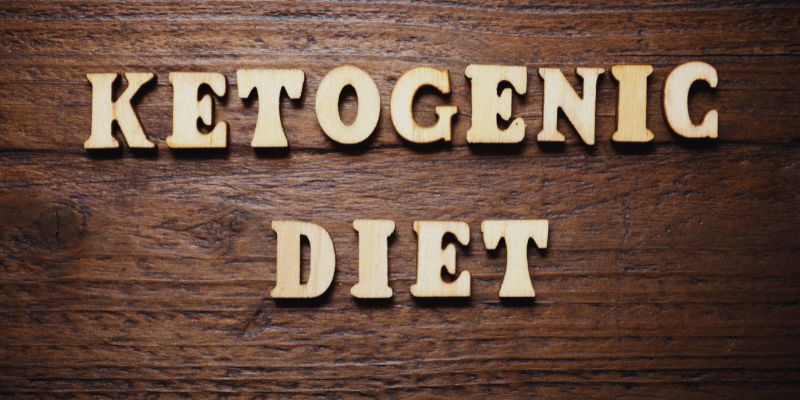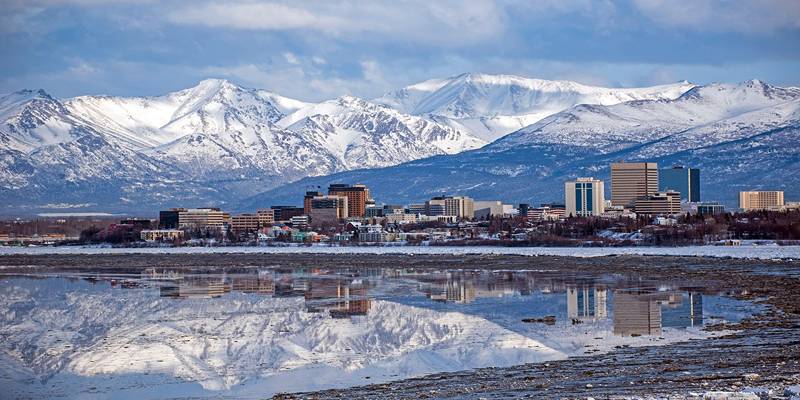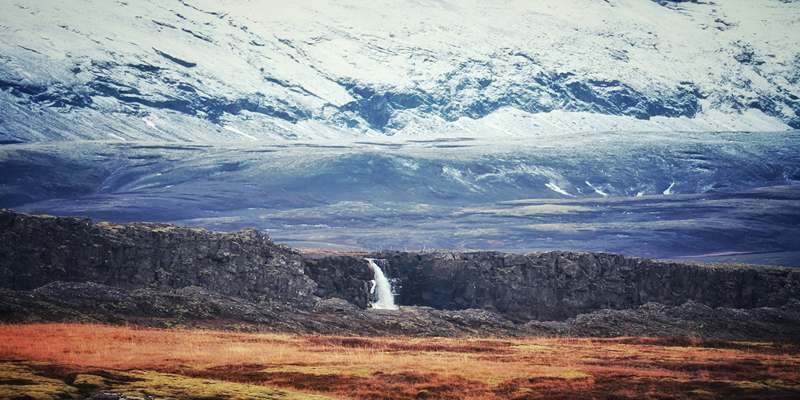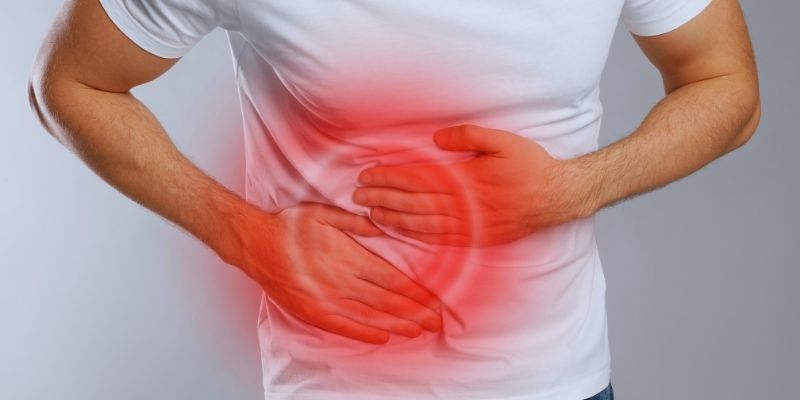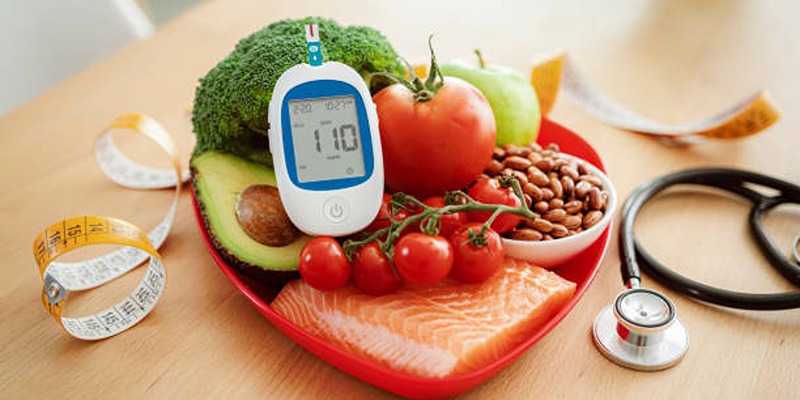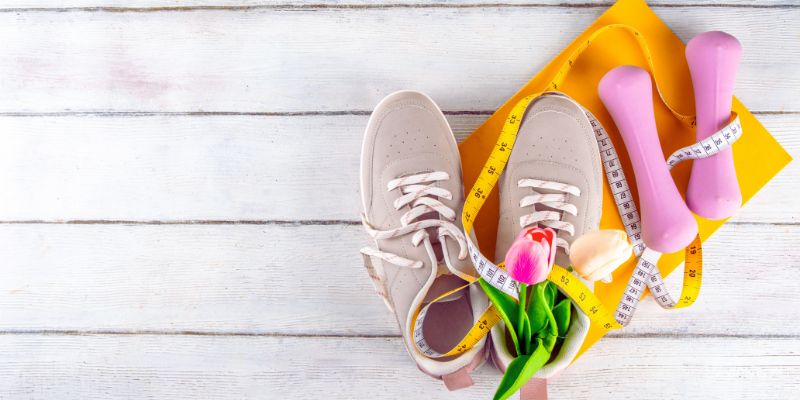The ketogenic or keto diet is an ultimate low-carb eating plan that promises improved energy and various health benefits. In a keto diet, the body uses fat and protein to get energy, not carbohydrates like bread, rice, and sugar. This process puts the body into ketosis and burns fat for fuel. That's why many people see fast weight loss results when they follow the keto diet.
Benefits like improving heart health, reducing the risk of cancer and heart diseases, and improving brain health sound appealing. But the question remains, "Is the keto diet safe for me?" or "Are there any hidden risks?" Whether you have come up with the same questions or are considering trying the keto diet, we have got you covered. So, keep reading and learn everything in detail here!
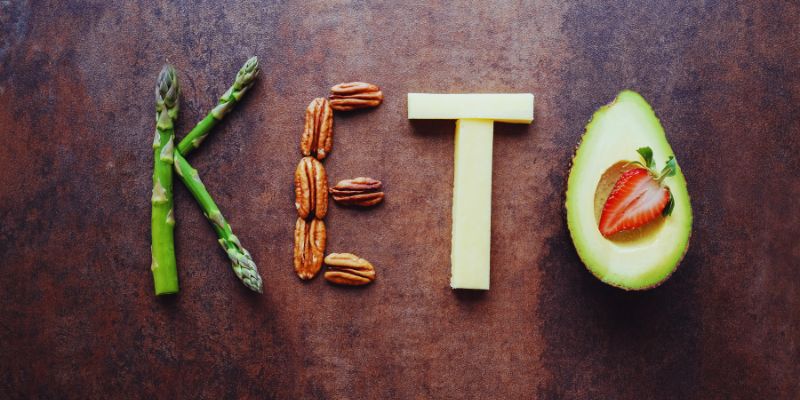
What Is A Ketogenic Diet, And How Does It Work?
The ketogenic diet is similar to the Atkins diet. In the keto diet, people eat more protein and fat and avoid sugar, soft drinks, cakes, and white bread. The diet actually focuses on cutting down on foods that are high in carbs. When you eat fewer than 50 grams of carbs daily, your body uses up its quick energy source within a few days. After that, your body needs to find another way to get energy. So, it starts breaking down stored fat and protein.
In ketosis, your body turns fat into ketones, which are used for energy. It helps burn fat more effectively. But remember, the keto diet is not meant to be followed for long. It's designed mostly for short-term weight loss. The diet can be hard to follow. It can also cause side effects like tiredness, headache, or nausea in the beginning. These side effects are called the "keto flu."
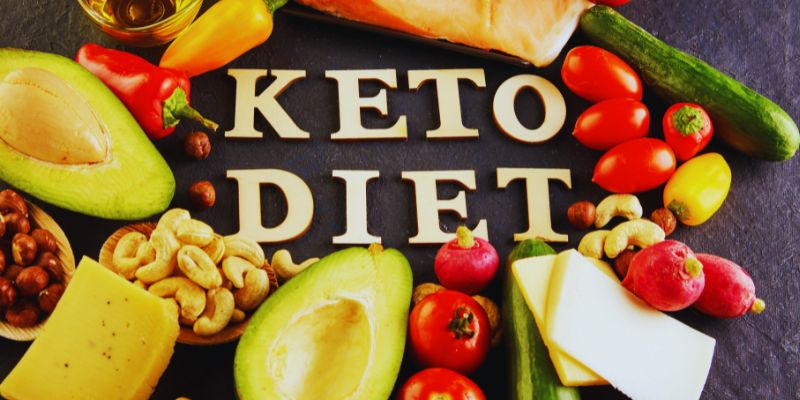
What Are The Health Benefits of Keto Diet?
Most people try the keto diet to lose weight. But it can also help with some health problems. For example, it has been used for a long time to treat epilepsy. Some early research shows it might also help people with heart problems. It is beneficial for brain diseases like Alzheimer's. However, scientists still need to study this more. Here are the benefits of a ketogenic diet.
- Weight Loss: People often lose more weight on the keto diet in the first 3 to 6 months than other diets. That’s because it takes more energy to turn fat into fuel. Also, eating more fat and protein can help you feel full so you may eat less.
- Cancer: Keto lowers the amount of insulin your body makes. Insulin is a hormone that helps store sugar. Less insulin can slow the growth of some cancer cells, but more research is needed.
- Heart Health: Even though keto includes more fat, it may raise good cholesterol and lower bad cholesterol. It can also help lower blood pressure and protect your heart. But we don't know how long these effects last.
- Acne: Eating fewer carbs might help with acne. Lower insulin levels may stop breakouts, but more studies are needed.
- Diabetes and Brain Diseases: Keto can help control blood sugar but can be risky for people with type 1 diabetes. It also helps with epilepsy and may help with other brain issues.
Foods to Eat on the Keto Diet
The keto diet is all about eating low-carb, high-fat foods. To stay in ketosis, you need to eat the right kinds of food. Here are the foods to eat on the keto diet.
- Meat and Seafood: You can eat beef, chicken, turkey, lamb, and other meats. Fish like salmon, tuna, and sardines are great too. These foods are high in protein and have no carbs.
- Eggs: Eggs are perfect for the keto diet. They are full of protein and healthy fats.
- Low-Carb Vegetables: Some veggies are low in carbs and good for keto. These include spinach, broccoli, cauliflower, cabbage, zucchini, and bell peppers. Avoid starchy vegetables like potatoes and corn.
- Cheese and Dairy: Most cheese is low in carbs and fat, which is great for keto. You can also eat butter, cream, and full-fat yogurt, but ensure it has no added sugar.
- Nuts and Seeds: Almonds, walnuts, chia seeds, and flaxseeds are good choices. They contain healthy fats and fiber but don't eat too many because they still contain some carbs.
- Healthy Oils: Cook with oils like olive, coconut, and avocado. They are full of healthy fats.
- Avocados: Avocados are low in carbs and full of healthy fats. They are one of the best foods for the keto diet.
- Drinks: Drink water, black coffee, or unsweetened tea. Avoid sugary drinks like soda and juice.
Risks of the Keto Diet
The keto diet has some risks that you should know before starting.
- Hard to Stick To: The keto diet is very strict. You must avoid many foods, like bread, fruits, and sweets, which can be hard to follow for a long time. Most people lose weight at first, but when they stop the diet, they regain it.
- Lack of Important Nutrients: Since you stop eating fruits, whole grains, and beans, you can miss out on vitamins, minerals, and fiber. It can cause problems like tiredness, weakness, and stomach issues.
- Too Much Bad Fat: The diet includes a lot of fat. If the fat comes from unhealthy sources like processed meat, it can raise bad cholesterol and harm your heart. Eating too much-saturated fat may lead to heart disease.
- Can Harm Kidneys: The keto diet may not be safe for people with kidney problems. It can lead to dehydration and put pressure on your kidneys.
- May Lead to Unhealthy Eating Habits: Tracking every bite can make you lose touch with your hunger cues. You will stop listening to your body and develop bad eating habits like overeating or feeling guilty after eating.
- Low Blood Pressure and Sugar: Keto can cause a drop in blood pressure or blood sugar, which can be dangerous, especially for people with diabetes.
Conclusion:
The keto diet can help some people lose weight quickly and may offer health benefits for certain conditions like epilepsy or diabetes. However, it is not easy to follow. It can cause side effects like tiredness, constipation, and nutrient loss. It also cannot be safe for everyone, especially people with heart or kidney problems. Before starting the keto diet, talking to a doctor or nutritionist is a good idea. They can help you decide if this diet is right for you.


